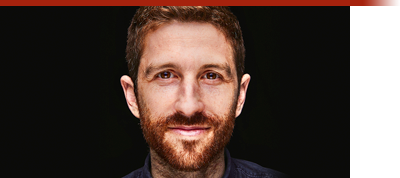Subscribe: Spotify | RSS | More
Tristan Harris & Jim talk about his background in design ethics, dangers of ad targeting, game theory, time well spent, the global information war, trends to be optimistic about, and much more…

Tristan Harris & Jim start by talking about how Tristan’s career & education in design ethics are informed by being a magician in his youth. They then go on to talk about his experience at the Stanford Persuasive Technology Lab, the history of psychologically informed business, the power of personalized digital/AI targeting, how algorithms can radicalize us & erode societal trust, the game theory of an attention economy, the breakdown of sense-making, impacts of ad-supported business models & possible alternatives, applying the fiduciary model to advertising & potential impacts taxing ads, political & social issues that come from rapid tech innovation, what’s needed for business to orient towards time well spent, the global information war & how we might protect societies from it, deep fakes, social media anonymity, what Tristan is optimistic about and much more.
Mentions & Recommendations
- Center for Humane Technology
- Tristan’s Podcast, Your Undivided Attention
- B.J. Fogg
- Free: The Future of a Radical Price by Chris Anderson
- Tristan’s Congressional Testimony
- This Person Does Not Exist
- Tristan’s shout-outs of positive examples: Siempo, Headspace, Waking Up, Calm.com, Letter.wiki, vTaiwan, Artery, Hipcamp
